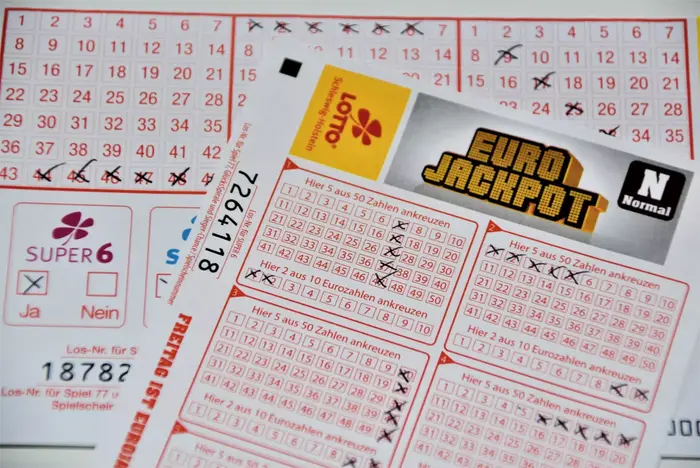
Lottery organizations throughout North America focus on safety. They follow strict regulations to ensure each game is fair, preventing cheating and protecting customers from losing potential winnings. While rules differ depending on location, some common-sense guidelines are universal.
Here are the key lottery laws you should know as a possible customer and player.
Lottery compliance with the law
All lotteries must comply with Canada’s Criminal Code and Competition Act provisions. Retailers and sellers must register with the appropriate lottery corporation for legal lottery ticket sales.
If a lottery organization or sponsor uses personal information gathered from participants, they must follow Canada’s federal privacy law, the Personal Information Protection and Electronic Documents Act. The organization must ensure data is confidential and secure. They must also obtain the participant’s express consent before using personal information.
Lottery fairness and integrity
Even though some say otherwise, there isn’t a proven strategy for winning or picking better lottery numbers. Lottery is a game of chance, and it’s regulated to maintain this nature.
Strict physical and procedural security measures are in place to maintain game integrity. All draws are supposed to be random and cannot be fixed. Independent experts regularly audit and verify the validity of the winning lottery numbers.
Fraudulent activities are carefully watched, and unusual behavior is investigated. Lottery operators also have rigorous policies to prevent tampering or cheating.
Lottery participation and eligibility
Only those 18 years old or above can participate in lotteries. Verifying the buyer’s age is necessary before a sale. In many cases, players should live in the jurisdiction where they purchased a ticket.
Players may participate in some games outside of their regions. For example, Canadians and non-US citizens can play lotteries like the US Powerball without restrictions. You can buy your tickets online and claim prizes through the mail.
Lottery groups and syndicates
Playing the lottery as a group is possible by joining a lottery syndicate. Typically, it consists of people pooling their money together to buy tickets. Some syndicates may even buy a dozen or more tickets. There’s no limit, and it’s totally allowed. The group split their winnings between each round.
However, remember that lottery syndicates operate independently of lottery organizations and follow their own rules. They often have specific conditions like membership limits, a minimum buy-in amount, or a maximum weekly payout.
Lottery winning and taxation
Sign your lottery ticket and bring government-issued identification when claiming a prize. Prizes are only paid to the ticket holder. A person or party cannot pick up the reward on your behalf. Be careful with verification. The lottery group can refuse the payout if there isn’t enough proof to show who owns a lottery ticket. Likewise, there may be complications if the winner breaks any rules.
Lottery corporations want to publicize their most prominent wins. You may not be able to maintain your anonymity. For this reason, many lottery winners prepare beforehand by changing their contact information and restricting their presence online. This is before claiming the prize and receiving publicity.
Also, lottery winnings aren’t taxable in Canada. Your prize money is considered a windfall, meaning you don’t need to report it on tax returns. However, different rules apply if you win a lottery in another country. You may need to fulfill tax obligations in the US or other regions. Always seek financial advice if you have questions about your liabilities.

Claiming lottery prizes
When you win the lottery, major winnings must be claimed from the lottery jurisdiction that sold the ticket. Purchasing tickets to international lotteries and other jurisdictions is possible. However, arrangements may need to be made to claim winnings depending on how lotteries are regulated.
Different areas have various guidelines. Many lottery groups let players claim winnings online or by mail. It may take 5-7 business days to process online claims. Mail claims usually take 6-8 weeks, depending on the organization. However, you can’t redeem prizes over $1,000 at retailers. To claim your prize, you need to visit a specific business location.
If you do not claim your winnings within a specified time, your lottery ticket can expire. Any prize money you win will be returned to the lottery corporation. Therefore, it is highly recommended that you collect your winnings as soon as possible.
